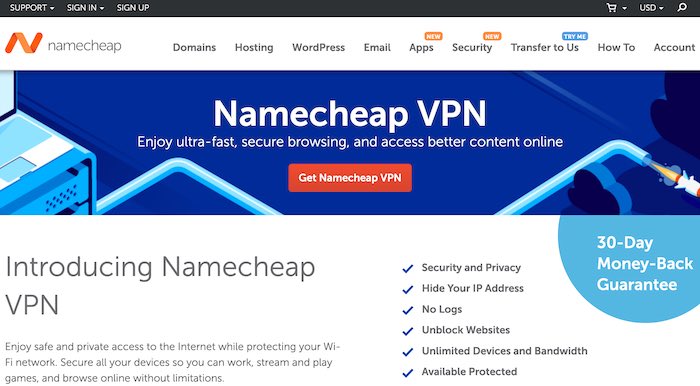

Other protocols for security supported by ExpressVPN include L2TP/IPSec, PPTP, and SSTP. This US-based VPN also protects your privacy via AES-256 encryption backed with OpenVPN, and IKEv2.ĮxpressVPN also uses OpenVPN with AES-256 encryption to keep your logs well under the wraps. Thanks to their adherence to a deliberate “no-logs” policy. Even better, according to the provider, if the government needs your records, they won’t provide. And that it won’t be shared with third parties, or hacked. The loyalty of customers hinges on the assurance that their online travels, logins, and other personal information is kept under wraps. One of the most important factors to consider is user confidentiality. All said and done, the cost of VPNs can change any time these are current prices and deals.

That aside, IPVanish’s modes of payment are mostly limited to major credit cards and PayPal, while ExpressVPN accepts most local payment options and cryptocurrency.Ībout prices, IPVanish is the winner as it offers relatively cheaper subscriptions. It has three plans: $12.95/month for the monthly subscription, $9.99/month for the 6-month plan, and $6.67/month billed first 15 months, and annually after that. Of the three, the shortest period subscription plan is the most expensive in the long run.ĮxpressVPN is a bit pricey but wins on a value proposition. IPVanish offers a three-tier subscription plan, a one-month plan for $10/month, a 3-month plan for $8.99/month, and a one-year plan that costs $6.49/month.

And offer some of the best returns on investment, considering the features each is equipped with. The two VPNs aren’t the cheapest you could find still, they remain affordable. IPVanish managed a speed of 57.51 Mbps while ExpressVPN averaged 96.43 Mbps in our 2 tests.Ĭonnection Speed Winner: ExpressVPN Pricing The two VPNs still performed awesomely, delivering respectable speeds through the U.K. This reveals both networks are fast enough to handle almost all online activities, including high-speed file sharing, streaming HD videos, and online gaming. With ExpressVPN, the speeds were considerably impressive-107.20 Mbps.

In our tests, IPVanish clocked an average of 58.11 Mbps. We ran a speed test on several servers for both VPNs and found out that IPVanish’s average speeds for streaming and downloading content in the U.S. What’s more, I really liked IPVanish’s “quick connect” tab, which lets you connect to a speedy server of your choice. Luckily, in all our tests, both VPNs scored way above the recommended speeds. Indeed, you need VPNs that would offer excellent connectivity for smooth downloading and uploading maneuvers.
#Vyprvpn vs ipvanish trial#
Note that, in most cases, VPNs with long enough trial periods aren’t a hoax. Also, find out the scope of your VPN provider’s network, including the number of simultaneous connections.įree trial periods give users the chance to try, test, and approve or decline the VPN. Thus, it’s super-important to ensure your favorite VPN is compatible with your devices. While most best VPNs support numerous platforms, including Windows, Mac, Android, Linux, and iOS, some don’t. Then make a choice, depending on what your other needs are. Ideally, look for and compare speed, encryption, or anonymity qualities offered by different VPN providers. So what to consider before deciding on a VPN?Įvery VPN company has specific selling points, which basically are their priorities when designing their services. As such, VPN beginners often find it hard choosing one that best fits- even stalwarts face the same challenge at some point. Though this sounds quite encouraging, in it lies a hotbed of decision-making. The VPN market is filled with lots of providers. In this clash, we assess these VPNs based on different comparable aspects and tests. Even so, a feature-rich contestation exists between the two services.


 0 kommentar(er)
0 kommentar(er)
